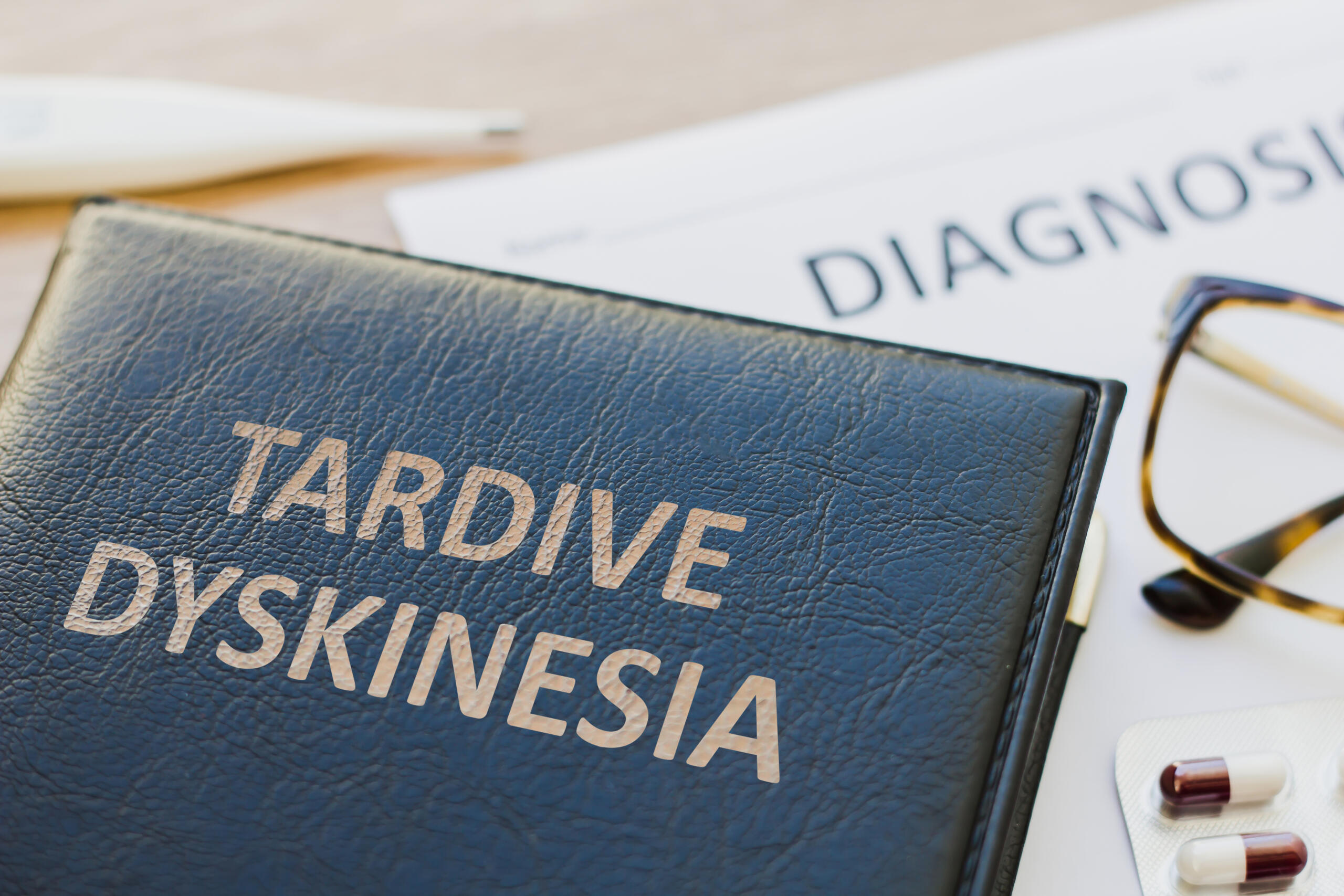Do you know what kinds of side effects your medication might be causing? If you’re on antipsychotic medications, you could be at risk of developing tardive dyskinesia. A health condition that appears as a side effect of many prescription antipsychotic medications, tardive dyskinesia can be surprising when it strikes. If you’re unsure of what tardive dyskinesia is, you can search online to find answers.
When tardive dyskinesia appears, its symptoms can be confusing, frustrating, and very concerning. Plus, you need to treat and manage tardive dyskinesia as soon as it begins. To learn more about the effects of tardive dyskinesia, you can start a search online.
If you’re wondering what tardive dyskinesia is, you aren’t alone. Here’s what you need to know about identifying, managing, and living with this health condition.
Tardive Dyskinesia Is a Medication Side Effect
If you’re worried about developing tardive dyskinesia, it’s important to know what causes this condition. And medical professionals know its cause – it’s a side effect of antipsychotic medications.
Long-term use of antipsychotic medications is the number one cause of tardive dyskinesia. This means that anyone who’s taking antipsychotic medication is at risk for potentially developing this condition. Your age, why you’re taking the medication, and other factors may or may not play a role. What’s certain is that taking antipsychotic medications for long periods of time may result in tardive dyskinesia.
This occurs because antipsychotic medications actually block the brain’s dopamine receptors. That can lead the medications to interfere with motor functions and muscle movement, which can lead to the symptoms that come with tardive dyskinesia.
You can develop tardive dyskinesia any time you’re on antipsychotic medication. Some people develop the condition after taking these medications for as little as three months. Others will be perfectly fine for years before they develop tardive dyskinesia. Some people may never develop it at all.
In addition to being a side effect of antipsychotic medications, some people also experience this condition as a side effect of nausea relief medications. You may want to keep an eye out for symptoms if you’re taking anything to relieve nausea.
Tardive Dyskinesia Symptoms Can Vary
If you’re on the kinds of medications that can cause tardive dyskinesia, it’s important to keep a close eye on your health and well-being. You want to be able to catch any changes – or any potential signs and symptoms – when they first begin. Also, be aware that the symptoms of tardive dyskinesia can vary from individual to individual.
Tardive dyskinesia can come on strong or it can begin subtly. You’ll want to note how much your symptoms affect your daily life.
When tardive dyskinesia appears, it brings on stiff, jerky movements that you cannot control. You might experience these uncontrollable movements around your face, in your limbs, or in other areas of your body. Typically, tardive dyskinesia can cause movements like:
- Fast blinking.
- Cheek puffing.
- Chewing.
- Smacking or puckering of your lips.
- Sticking your tongue out.
- Frowning.
- Grunting.
- Finger wiggling.
- Arm flapping.
- Foot tapping.
- Swaying from side to side.
- Pelvis thrusting.
Keep in mind that tardive dyskinesia symptoms may not be obvious at first. You might experience small, slow, or subtle movements. You might also notice more significant, fast movements that concern you. Make sure to talk with your doctor if you’re noticing any changes that might be symptoms of tardive dyskinesia.
Tardive Dyskinesia Can Be Managed
There is good news if you’re on antipsychotic medication and worried about tardive dyskinesia. Doctors try to prevent this condition from happening altogether.
Because tardive dyskinesia cannot be cured, doctors work with you to prevent the condition before it begins. As soon as you begin taking antipsychotic medication, your doctor will discuss regular evaluations to ensure they’re staying on top of potential signs and symptoms of tardive dyskinesia. If your doctor decides that you may be at risk, they can take actions before the condition begins.
If you do develop tardive dyskinesia, there are ways doctors can manage the condition. The first step is typically adjusting your medication dosage. Lowering your dosage may make your symptoms disappear. Switching to a different medication is also an option that may resolve your symptoms.
If these methods don’t work and fail to lessen or eliminate tardive dyskinesia symptoms, you may be able to use medication to manage your condition. Two medications have recently been approved by the FDA to treat tardive dyskinesia, and they work by regulating your brain’s dopamine. These medications may be able to help the areas of the brain that are responsible for muscle movement, which can in turn reduce your tardive dyskinesia symptoms.
If you’re concerned about your risk of developing TD, you can take action now. You don’t have to wait until symptoms begin. If you’re on antipsychotic medication, you can discuss your risks with your doctor and make sure your doctor is evaluating your health regularly. You can search online, learn about symptoms and warning signs, and be vigilant with your health to ensure you catch any changes early.
